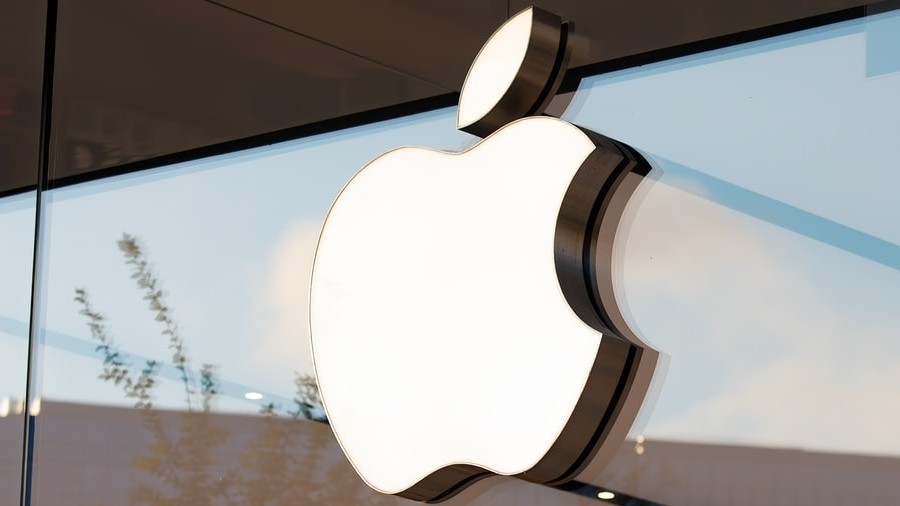Covid lockdown measures have generated a wave of fear and unrest inside the world’s largest iPhone manufacturing complex, in north-central China, with stories of food shortages among quarantined employees filling social media, and large numbers of workers fleeing the facility.
The plant, operated by Foxconn, the Taiwan-based manufacturing giant with facilities across China, went into lockdown in mid-October as coronavirus cases were rising in Zhengzhou, the capital of Henan province. Under China’s zero-Covid policies, cities and companies are expected to take strict measures to eliminate transmission of the virus.
As Covid cases began to be detected in the plant, Foxconn shut the facility off from the outside world, walling its roughly 200,000 workers inside its grounds. It banned eating in the factory’s cafeteria, forced employees to take long, circuitous routes from their dormitories to reduce contact with others, and required daily coronavirus testing and temperature checks.
But what really worried workers were accounts that emerged from employees who had been taken into quarantine after testing positive. At the mercy of Foxconn to feed themselves, some said they were getting inadequate food or none at all, and were also lacking other necessities.
As these stories spread on social media, other workers decided they were better off fleeing their job than risking catching the virus and being forced into quarantine. Two workers, who spoke on the condition of anonymity, saying they feared retaliation from the company, said that hundreds of workers had left the plant.
With transportation restricted as Zhenghzou dealt with the outbreak, many had no options but to walk home, some over long distances.
On Wednesday, Zhenghzou officials ordered the region around the plant to go into a seven-day lockdown, imperilling any further attempts to flee. A local notice called the outbreak “serious and complex”, as the city reported 358 new locally transmitted cases on Wednesday, up from 24 on the same day a week before.
Earlier experiences in China, such as those with the Shanghai lockdown earlier this year, suggest that the Zhenghzou measures could extend beyond what was initially announced.
Apple did not respond to a request for comment. In an emailed statement, Foxconn, one of the principal assemblers of Apple products, referred to its pandemic measures as a “protracted battle” and insisted that its workers were receiving three meals a day.
But employees accused Foxconn of a chaotic and at times illogical Covid response. They said that the company had sent workers who tested positive for the coronavirus into quarantine centres together with their close contacts, even when those individuals had tested negative.
Leo Lin, 29, who works inside the factory complex, described an atmosphere of panic as quarantine facilities began to overflow and the factory lost its grip on isolating close contacts. For years, Zhengzhou has helped supercharge China’s export-driven economic model.
New York Times News Service











